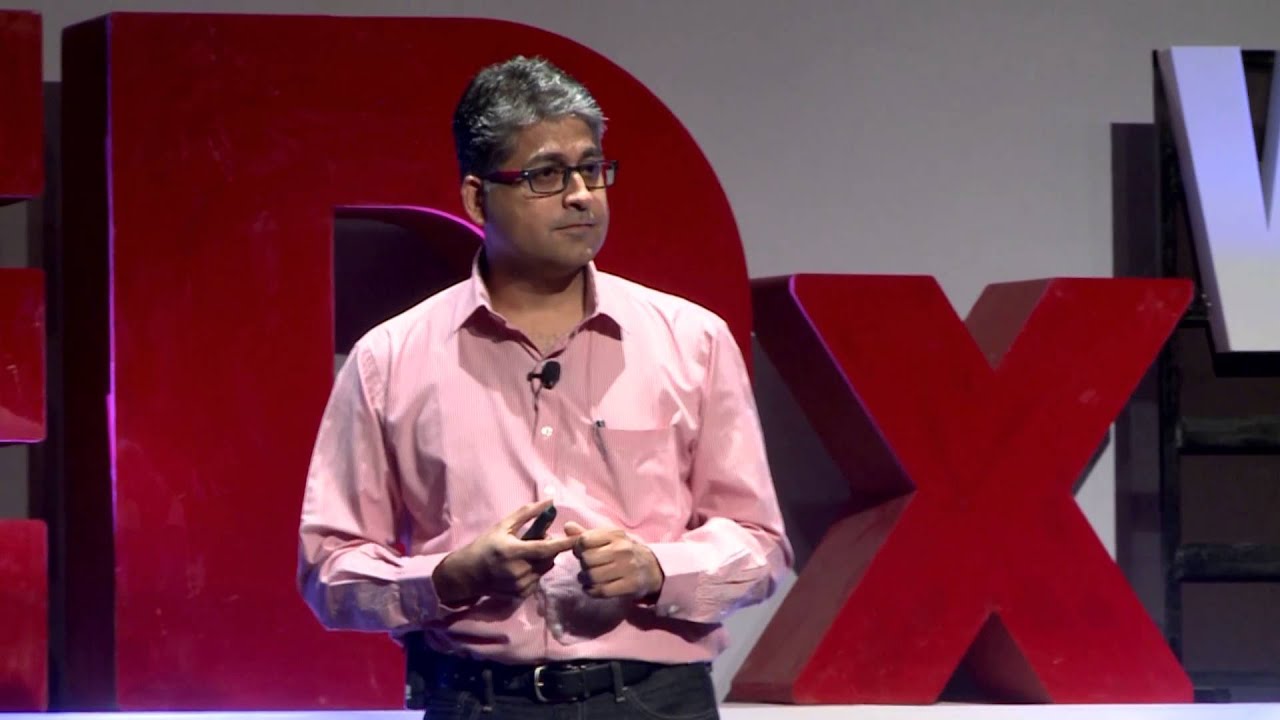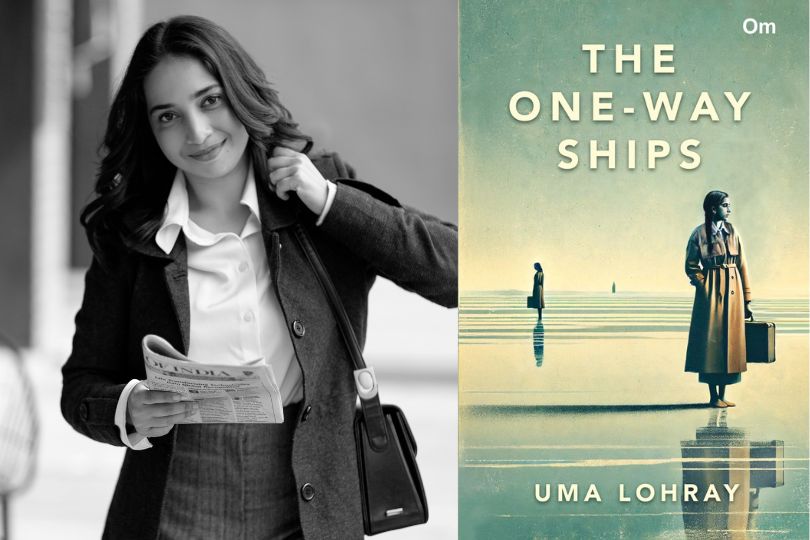Sushant Kalra talks about his Book "Perfect Parenting" With Frontlist
on Jun 10, 2022

Sushant Kalra, a father of two, is the founder of the Parwarish Institute of Parenting. His professional experience of over 28 years spans across the Manufacturing, Venture Capital Financing, Banking, Insurance and Education & Training industries. He has trained over 8000 employees in various Change Management, Process Optimization and new Process projects. Parwarish has trained over 18000 parents and more than 25000 teachers across the world. Parwarish has won several awards for its work, including the Best Teacher and Parent Coach Award from the Federation of Public Schools of Delhi, the Education INNOVATOR Award at the 5th Ed Leadership International Conference, from The Center For Innovation in Education, USA and the Courageous Class award conferred by the Kenneth Cole Foundation USA.
Frontlist- How can we persuade parents not to compare their children because it hampers their development and also encourages them to engage in repulsive behaviour?
Sushant- It’s not about persuasion. It’s a myth that comparison motivates – and parents fall into the trap of using comparison to motivate their children, but it not only creates stress but also damages self-esteem and relationships too.
The way is for them to recall what they went through - the impact it left on them, the relationship with the person who compared them and also with the person with whom they were compared. The level of stress comparison it brings into their life. We need to motivate children by talking to them about them as unique, capable and limitless human beings, who do not have anyone else to be compared to.
Frontlist- Both parents play an integral role in raising their children. However, let’s presume that the responsibility of both parents is on one parent’s shoulder. How do you define the parenting style in this specific case?
Sushant- Every parent has their own style, even if one parent is not actively involved they still have a style, which has an impact on raising the children. The idea behind knowing your style is to move from unconscious parenting to conscious parenting. Once they know their default style then the parent would be able to modify / alter the style to suit the unique needs of their family, themselves and the child.
Frontlist- You’ve mentioned "Action Hack" at the end of each chapter in your book. How would it be advantageous for parents to learn the technique of good parenting?
Sushant- The action hacks are some highly recommended actions which the parents can take at their homes with their children. These are simple actions which they can take that would bring peace and harmony in their day to day interactions and help them in nurturing their children’s unlimited potential.
Frontlist- You've used your own and other parents' experiences to illustrate the nuances of parenting. What lessons have you learned in your parenting journey that you believe will be valuable to other parents? Please share them with us.
Sushant- My top learnings from my journey as a parent
- My role as a parent is NOT to do things for them, NOT to follow-up with them (not to be a monitor in their life) and NOT to always provide for them and even NOT to protect them. My ONLY job is to “make them responsible for their life” – it’s not “letting them be” but responsibly handing over the reins of their life in their hands. And this process is best started as early as, when they are 3 years old
- Children are born with unlimited potential, capable of everything – operating from this truth – even when they are failing / struggling in any area of their life, Having complete faith and trust in them
- Treating them as fellow human beings. Not treating them as apprentices who will one day grow up to be mature and responsible but they are as equal and as human as we are.
- Connecting with them intimately – sharing every ups and downs of our lives with them, and giving them the space and listening to share theirs. Acknowledging and concentrating on their and our feelings.
Frontlist- How can we bridge the generation gap between parents and their children? Please share any advice you have on the subject based on your personal experience.
Sushant- Every generation is different, and yet the generation gap is a myth. It’s actually a breakdown in communication and understanding. Communicating and talking to them without filtering out anything creates a space where they can share everything about their life, without filtering anything. This safe space to share and to be heard without judgements needs to start very early in life – when they are toddlers, which leads to creation of a safe and open space for communication even when they reach adolescence. They and us being able to communicate freely (unmasked) does not let this generation difference create a gap in the relationship.
We need to understand that the world is changing and their experiences are as valid and as true as ours. Giving the non-judgmental space creates a bridge between generations, filling up the so called gap
Frontlist- There are a plethora of parenting books available on the market. What sets this book apart from other parenting books?
Sushant- Every child is perfect and so is every parent. Every child is unique and so is every parent and so is every home environment. This book is written to provide the parents with the tools to create their perfect blend of parenting. They use the tools to write their own parenting manual which works for them in their unique setup.
Frontlist- When it comes to parenting, we exclusively emphasise Child Development and their needs. However, parenting brings humongous challenges for a parent as well, which many of us have overlooked. What would you like to say in this context?
Sushant- Absolutely! Becoming a Parent is a state change. It’s like ice transforming into water. The way we have been living our life or even looking at life completely alters for us the moment we become a parent. My son is 22 years old, and I am a 22 year old parent. My daughter is 16 years old and I am a 16 year old father to her. Each one of us is growing as a parent with our child. Understanding yourself is the first step towards understanding your child – and without being able to understand yourself and your spouse (and then your children), conscious parenting (perfect parenting) is a pipe dream.



.jpg)






.jpg)
.png)

.jpg)
.jpg)
.jpg)
.jpg)
.jpg)










Sorry! No comment found for this post.